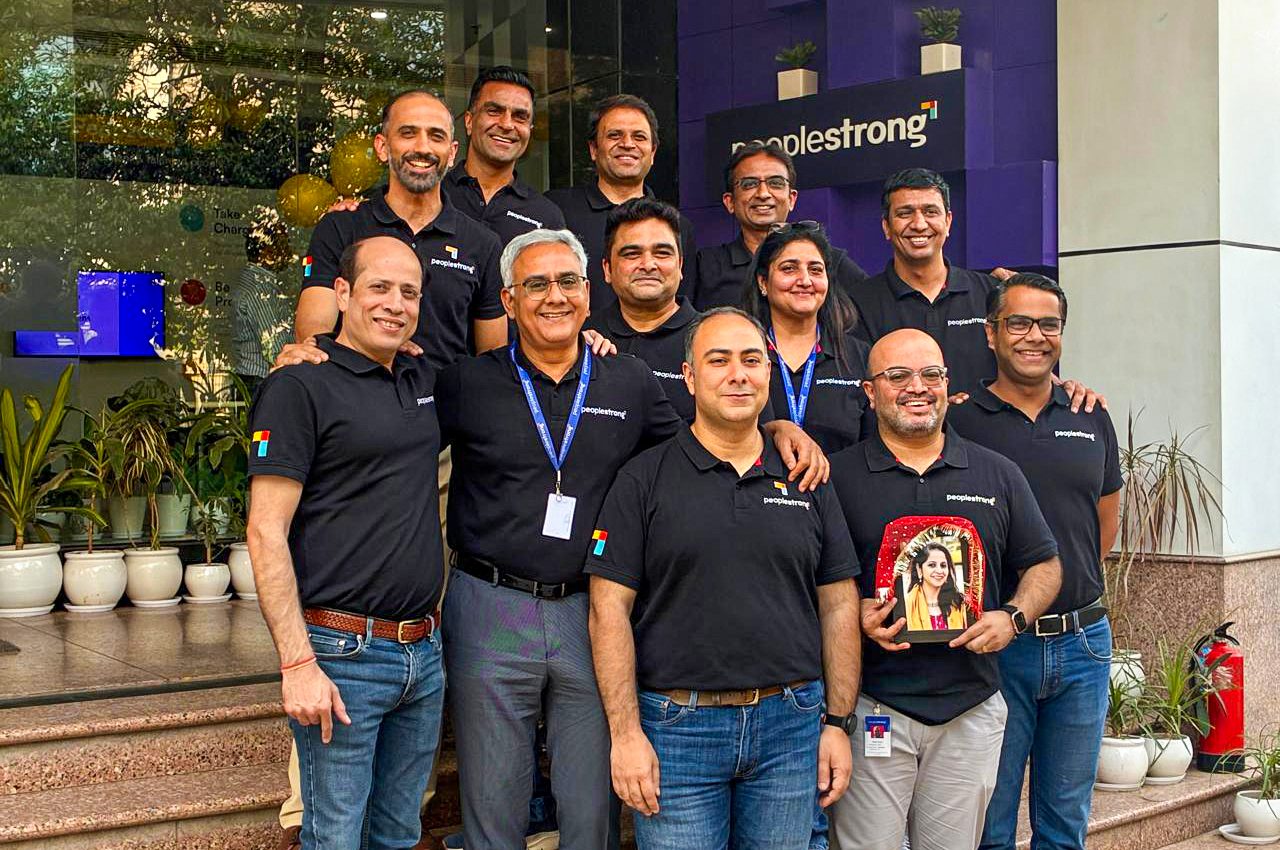The past decade will surely get the title of being the most defining decade in India for the Human Resources function. Be it adoption of mature HR Transformation practices, going digital or attracting investments, HR and HR tech in India have come a long way. And for the first time since the inception of HR and HR Tech, the pace of growth and innovation in this field in India has been almost as fast as the global market. It has been an interesting journey! And I am going to try and capture this phenomenal transition of HR in India here.
The Product Story
The entry of ‘technology’ in HR started with the mainframes, which were used for administrative tasks like record keeping and payroll and compliance management. These systems were not only difficult to use and manage but also occupied a lot of physical space. Those were the days when such systems filled up rooms and managing records was a herculean task. Then came the time of ERPs (like SAPs and Oracles of the world), where the problem of physical space was resolved but it was still difficult to implement and manage systems. Change management and customization remained the biggest challenges and success ratio was very low – as hardly 1 in 3 implementations saw the light of the day. This was followed by the phase of point solutions which were on-premise software on top of which internal teams build HRIS systems. Organizations used many of these solutions depending on their digital maturity and extent of budgets available.
“A major shift is happening on employee experience through digital HR, which is much more than automation”
This phase continued until few years ago when the ‘cloud’ revolution touched HR. This is when HR understood the importance of ‘user’ or its employees in the ecosystem and important features came into existence like scalability, usability and interoperability (which were sort of antidotes to the pain of legacy systems). And the jump to the next innovative technology (from on-premise to cloud, reporting to analytics, transactions to AI and from people managing data to robots/bots) became much easier and faster.
The industry had not seen the HR tech revolution in previous 50 years. Today, organizations are again in different phases of cloud and mobile adoption. However, the belief of HR community in cloud and mobile is increasing day-by-day. According to a recent study by Sierra Cedar, there has been an increase of about 21% in mobile adoption globally and a forecasted increase at almost the same rate in the coming year. It is going to be an interesting story as HR technology moves from cloud to mobile to artificial intelligence.
The Market Story
The HR Tech market has also come a long way. We had a tough time initially raising capital and could get angels to help but did not find many institutional investors who were ready to bet on a segment, which was not even identified as an industry. The line of credit too was unavailable. We received the next round of investment through US family office before we could attract PE and financial institutions. However, times have changed today. The exciting growth and potential of HR tech market have started attracting investors globally. According to the recent estimates by Everest Group in the report “The Promise Of Human Resources Outsourcing In India: A Goldmine Of Growth For Service Providers That Adapt”, the current market which is of the size of 0.5 B USD is expected to grow at the rate of about 25% in the next 5 years. Thanks to this growth and immense potential (which will rise not only through increase in employment numbers in the country but also an increase in ‘formal’ workforce,) we enjoy the interest of VC firms today. Not only this, there are many PE firms looking for HR investments, and even banks are ready to give line of credit. There are some HR-focused funds and angel funds supporting and focusing on HR/workforce entrepreneurs.
Though the market remains largely focused on recruitment both in terms of investments and innovation but that doesn’t mean that other areas like workforce management/HCM are neglected. There is a focus on these segments as well, but because of the pace and scale of growth and innovation, recruitment clearly overshadows the market.
What’s next?
India and the Indian HR market are at a very interesting juncture. Apart from the immense human potential, there is a push for moving informal workforce to formal workforce. Almost 90% of India’s workforce belongs to the informal segment, which does not fall under the purview of labor laws and social security systems compared to developed economies where the workforce composition is just opposite. The government is increasing the rigour in this direction by bringing labor law amendments along with initiatives like digital India and demonetization.
The areas with heavy investment both in terms of money and effort will be job-talent matchmaking, retention, gamification and employee experience
As increasing segment workforce joins the formal segment workforce, it will be an addition to the prospective user base to the workforce technology. This is making the market interesting and the investor community is recognizing HR Tech/Workforce Tech as the categories like Fintech and Martech. What makes this market more interesting is the level of innovation that is possible. There is a huge scope to disrupt the current ways of managing people and finding/acquiring talent. And corporations are either compelled or ready to adopt new ways of working.
The major areas where the majority of investment, both in terms of money and effort, is going are Job-Talent Matchmaking, Retention, gamification and employee experience. Major shift is happening on employee experience through digital HR, which is much more than automation. What started with adoption of mobile apps is going to next level with Chatbots coming into picture and changing the way HR can be experienced.
The HR tech market is gaining ground every single day and is taking steps to reach the point where Silicon Valley is. People often question the true potential and scalability of the Indian HR tech Market. One might blame it to market/entrepreneur mindset in India for the lack of capital or I will argue till eternity that investors have not yet understood the potential of Indian workforce and revenue opportunities. But these apprehensions will soon be part of history. The HR Tech story of India is going to enter a golden phase in the next three-four years and we are excited to be a part of it!
This article is part of PeopleStrong & PeopleMatters Learning Initiative












